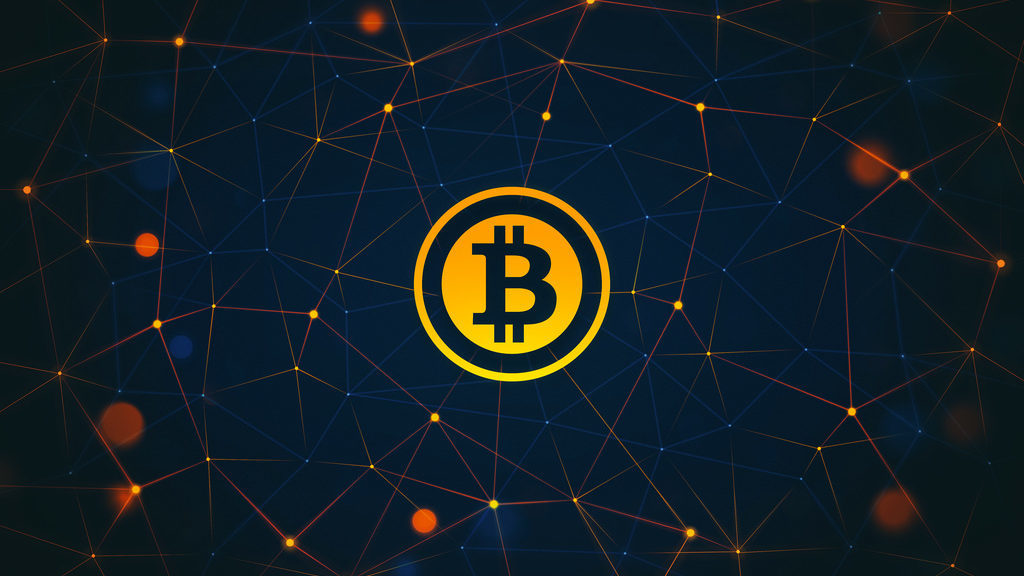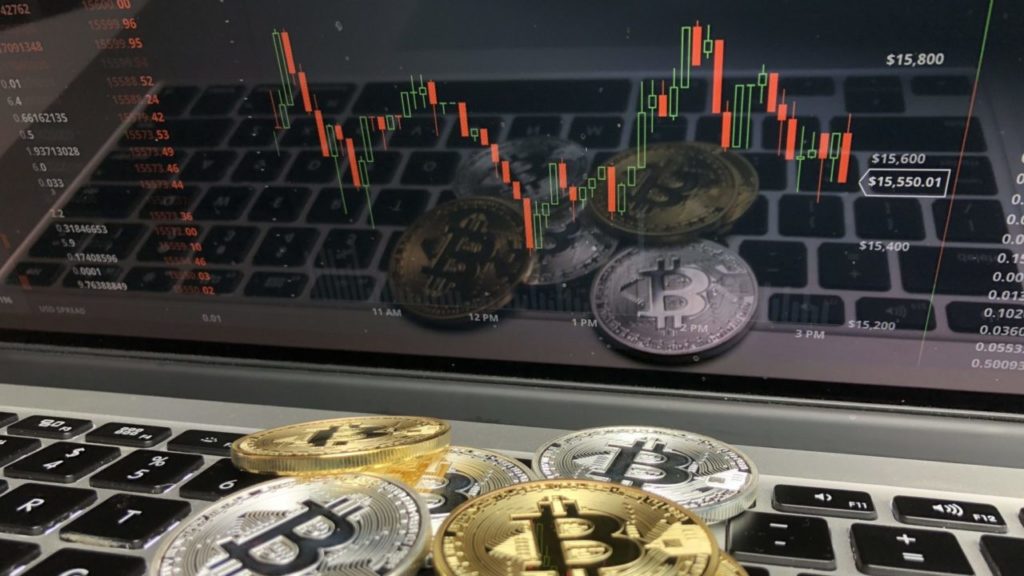Bitcoin, the decentralized digital currency, crossed the $1,000 threshold to kick off 2017. That is 125 percent more than it was valued a year ago but short of its all-time high of $1,242 (2013).
Several financial pundits attribute the gains as a response to Chinese devaluation of the yuan. While most Bitcoin is indeed traded in China, the root cause of the recent spike may be more widespread.
There are seismic power shifts happening all over the world with at least two countries, Venezuela and India, in a bona fide currency crisis.
Venezuela is in a particularly dire situation with mass starvation and triple-digit inflation despite hosting some of the world’s largest oil reserves. President Nicolas Maduro blames the disastrous economy on the United States and businesses waging ‘economic warfare’. His administration continues to enact more capital controls and is actually seizing inventory from companies attempting to make a profit.
In such circumstances, the black market becomes vital for basic survival. Bitcoin is increasingly relied on to facilitate it.
Bitcoin is only eight years old and still has a lot of mystery surrounding it. There are many great resources available to learn the ins and outs, and I personally recommend Jonathan Twombly’s interview with Trace Mayer on the Capital Gains Podcast for newbies interested in the subject.
The digital currency experiences the fluctuations associated with any new form of money, as traders figure out the intrinsic value of it over time. It is these fluctuations that central bankers and their proponents flaunt as a reason to steer clear of it.
Despite those warnings, the people of Venezuela, India, China, and elsewhere are turning to Bitcoin to conduct commerce and bypass state restrictions when they are overbearing.
The currency completely ‘lives’ online and allows the benefit of a peer-to-peer network (think Napster and the music industry). Though not completely anonymous, it also provides security of verified transactions through its built-in ‘mining’ system.
When people think of a safe haven asset, commodities like gold come to mind. While gold has traditionally provided this role and still does to a large degree, portability is an issue in today’s global marketplace.
Also, history has shown that governments are not shy about seizing hard assets when they feel the need. One of Franklin Roosevelt’s first actions in 1933 was to confiscate all of the gold in the United States and lay a huge fine and/or prison time for those who disobeyed.
There is no guarantee that Bitcoin is here to stay or will become any sort of new ‘gold standard’, but it has enormous potential as a bulwark against hyperinflation, against confiscation, and for its liquidity across state borders and institutions. Even the underlying blockchain technology is being explored for a variety of useful purposes beyond money.
Whatever its future, the story of Bitcoin is a fantastic case study for spontaneous order. There are those who believe money is too important to be left in the hands of ordinary people who want an easier way to trade. The market will always find a way around them.
RELATED:
• What is Bitcoin and How Does It Work? Trace Mayer Explains
• FFLTV: Scammy Internet Marketers and Bitcoin
• What Is Bitcoin? A Conversation With Singer-Songwriter Tatiana Moroz







